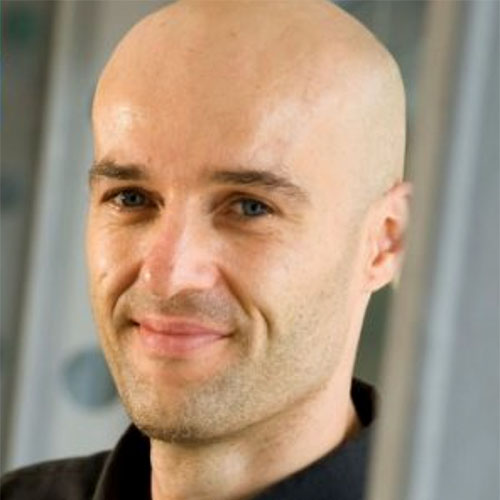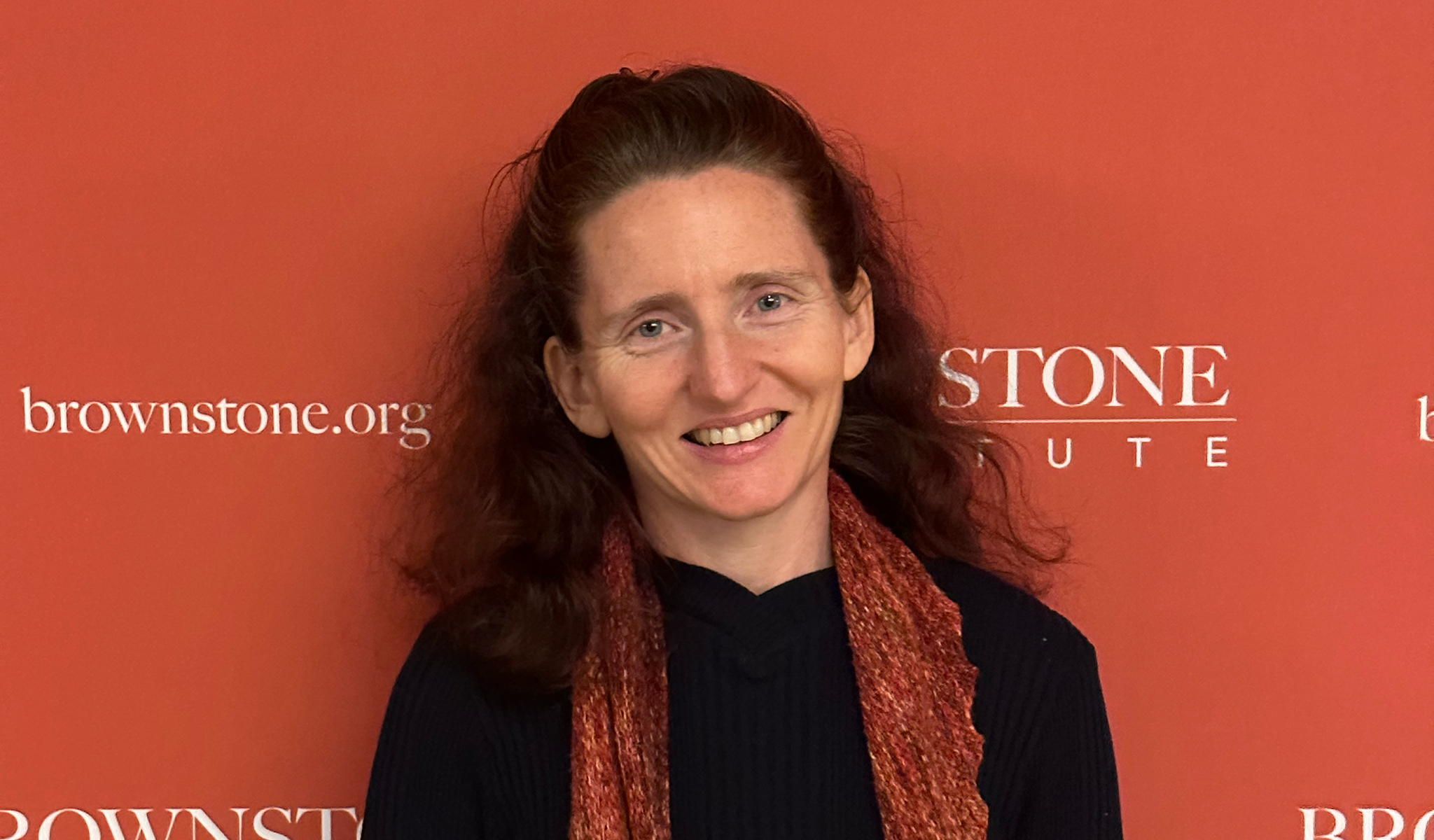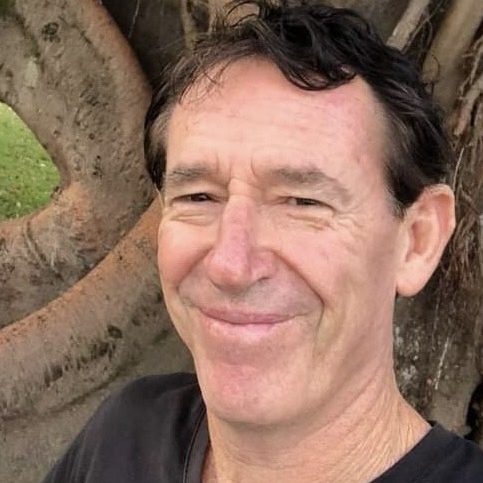In an earlier piece, we explained why academia is drawn to fascism, and how this allure led so many “experts” within the academic sector to go along with the covid control narrative. We now turn our gaze to the medical industry and the mindsets of the people to whom it caters.
Suppose an established doctor sits down to reflect honestly on her long career. In this career she will have provided advice and prescriptions to thousands of patients, and inevitably she will have made some mistakes that carried significant consequences.
Perhaps one patient went mad due to overmedication by thyroid pills that the doctor neglected to dial back before it was too late. Another died because she mistook a developing cancer for a benign lipoma (a subcutaneous fat nodule). Another died after suffering complications from unnecessary tests she prescribed just to keep the pushy patient happy.
Two were permanently disabled from having been prescribed pills they did not really need and that had serious side effects. Four became addicted to the opioid pills she prescribed for their mild depression, eventually losing their jobs and their marriages. Ten more became hyper-anxious after being “fully informed” of all the exotic diseases they might have.
The reasons for her mistakes over the years, this honest doctor would muse, varied. Sometimes she was too tired to pay attention. Sometimes she was too empathic with a neurotic patient, caving in to prescribe the unnecessary medicine they asked for. Sometimes she took her “informed consent” oath too seriously. Sometimes she did not know what to do because she had not really kept up with the latest scientific insights in a particular area, and so took a guess that turned out to be wrong. Sometimes she disliked a patient too much to put in effort. In short: she was a normal, fallible human being.
What would the families of the patients impacted by her mistakes, and the legal profession, do to such an honest doctor, were she to share her musings?
They would throw her to the wolves.
Medical negligence suits would bankrupt her. She would lose her medical license, her social position, and probably her liberty. Her life would be over even if her rate of mistakes per patient was no higher than the average doctor’s. No mercy would result from pointing to the many lives saved by her many good judgment calls. Admitting to deadly mistakes would doom her regardless.
Hence, she must lie. She must pretend she has never made any mistakes in her professional life, was always on top of all the new science on every point, and gave her very best in each and every 10-minute consultation she ever held.
The punishment for owning up to human mistakes prohibits her from being honest. We, as a society, force this dishonesty upon her. Our medical negligence and accountability laws presume a degree of perfection in her and in her healing arts that is unrealistic, and thus those laws are themselves mendacious.
What goes for the doctor goes for the hospital, the nursing home, the specialist, the nurse, and the pharmaceutical industry representative: admitting to their own humanity and thus the many deadly mistakes they make on a regular basis is out of the question. They must lie continuously about their mistakes in order to retain what is seen as a normal life. This was true long before covid came along.
Collective lying stifles science
This problem has been well-recognised for decades in the literature. A 2001 review article estimated that 6% of “active-care patient deaths were … probably or definitely preventable.” A report published the previous year, appropriately entitled “To Err is Human,” estimated that medical error was the 5th leading cause of death. Yet, to our knowledge, in no country are medical errors reported as responsible for the deaths of people in the mortality statistics released by national statistical agencies (e.g., by Australia’s ABS). This means bluntly that the entire system by which we measure cause of death in the modern age is compromised.
As a result of this big fat lie embedded within our systems of medical measurement, it is basically impossible to adjust the medical system to avoid mistakes in a cost-effective manner. If no one can own up to mistakes, then it becomes impossible to evaluate how some particular change (e.g., to procedures or protocols followed by doctors) has ‘improved’ matters. After all, no mistakes were being made in the first place, so no improvement is possible!
One is thereby forced to grope around in the dark for possible improvements rather than being able to do scientific studies. In this way, ironically, the No-Medical-Mistakes pretence makes the study of medical practice an innately unscientific one. Data on deaths produced by the system must be forged, on pain of financial and social death.
Barriers to the sole solution concept
The many deliberations about this problem in medical circles have produced several makeshift processes to weed out the worst excesses, like having honesty sessions inside hospitals where medics involved in a case can discuss what happened leading up to a death and what could be improved moving forward. In spite of these good works at a local level, there is no obvious general solution, because no one can personally or professionally afford to have medical errors officially recorded.
The only genuine system-wide solution is for society to become openly comfortable with the idea that people get killed because of mistakes, a bit of laziness, misguided empathy, a normal rather than superhuman level of intelligence, and other facets of the human condition. To avoid deceit at a grand scale, society would have to learn to accept occasional ‘gross medical negligence’ for which no one person pays the price.
Why is that solution so impossible? Why does no society that we are aware of openly allow “average intelligence” as a valid excuse for killing someone via bad medical judgment calls? Why do societies not recognise that “lack of focus” and “irritation with others” are entirely normal reasons to make the occasional mistake that, in the case of medical professionals, can lead to fatalities? Why is honesty so heavily punished?
The standard excuse for maintaining the No-Medical-Mistakes lie is that punishing open mistakes is a means of forcing medics to pay attention and not be lazy or unfocused. There is a productive point to that incentive effect, but the hard limit of human fallibility cannot be wished away.
A less palatable reason for the persistence of the lie is that the pretence of perfect medicine forms the basis of a good business model for both the medical profession, which then gets to play the “we are Übermensch” card, and the legal profession, which then makes a buck out of the mismatch between imperfect reality and the No-Medical-Mistakes image.
Another reason, also unrelated to anything productive, is that the general population is vulnerable to the myth that they will live in good health forever if only they cough up enough dollars. We all like to believe we will live forever and that any health problem can be fixed. We also like to believe that if we suffer due to the mistakes of others, it cannot be due to bad luck but must be due instead to evil that needs to be punished. The seductive simplicity of the ‘good versus evil’ paradigm crowds out any role for human foibles.
We don’t want to hear that the laziness of others can get us killed and that our families should accept that, because a bit of laziness is inevitable. We don’t want to hear that our nagging might cause doctors to give us pills that are bad for us. So, we never hear these things, because doctors never tell us.
In short, we want to be lied to, and on average we are not mature enough to hear about the limitations of ourselves or those we rely on. Politicians, lawyers, and health services have worked this out over time, and today simply cater for our desire to be lied to.
In light of this widespread mendacity, it should be no surprise that hordes of doctors and health managers lied through their teeth in the covid era. Why act aghast that they hide the negative effects of vaccines and overplay the usefulness of lockdowns and masks? How are these lies in any way different from the lies ‘we’ have forced out of them in previous decades? Indeed, we have gotten what we demanded from them, in spades.
Can life be too good?
Is the same true for other sectors now, and are the lies more prevalent now than, say, 100 years ago?
On the recency of institutionalised lying, an online article discussing medical negligence legislation notes that “claims for compensation for medical negligence against medical practitioners and professionals was very rare prior to the 20th century. Due to several advancements and significant cases in the law, medical negligence claims and personal injury law surrounding medical negligence evolved into the laws that exist today.” In other words, pressure to lie resulting from our laws, and particularly our negligence laws, has risen over the past 100 years.
What about other sectors? Could a modern car manufacturer be honest about its role in imperfections leading to fatal accidents? Could a professional accountant today own up to having made a mistake in a company’s yearly accounts that then led to bankruptcy? Could a modern farmer own up to having accidentally used too much insecticide that then caused a deadly allergic reaction in consumers? Could a fisherman own up to having caught a protected species?
The answers range from ‘hell no’ to ‘very inadvisable.’ As with medicine, the reason for the instinctual truth-suppression in each case comes down to the threat of litigation and the general collection of myths propagated by society: myths of perfect professional advice, perfect machines, and perfect food. Admitting to mistakes is just too costly. ‘Caveat emptor’ (buyer beware!) has gone out of the culture.
Why the change?
In the US one is tempted to blame the legal profession, but really that would be like blaming the cat for eating the bacon left outside the fridge. Countries without significant numbers of litigation lawyers, like Japan and South Korea, do not have a ‘medical error’ category in their reported causes of deaths either, as far as we know. The reason then must be more general, related to the shared human condition in the modern era.
We venture that the change is ultimately the result of populations getting used to so much working so well. Faulty cars are now very rare. Most food is extremely reliable. Professional advice is so often right. If we experience excellence 99 percent of the time, it is only human to close our eyes to the impossibility of getting things 100 percent right and indulge in the soothing fantasy of perfection. Don’t we “deserve perfection?” Why “tolerate anything less?” The marketing copy writes itself.
The perfection myth is so appealing that in the long run groups will inevitably evolve that push that myth in order to make a buck or gain our sympathies. Lawyers and politicians have obliged.
Seen in this light, part of the runway to the great covid panic and its sequelae has been that owning up to imperfection has disappeared from our culture. Life is too good. Owning up to mistakes, or even to exaggerated claims of effectiveness, is just not a done thing. It’s seen at the minimum as a weakness, and at the worst a legal liability.
Who is to blame for that culture? Individual pushers of the myth, or the public, or even human nature? Should we blame Obama for making the impossible promise that “Yes, we can” get rid of poverty and hunger in the world, or should we blame the millions of enthusiastic voters who turned up in record numbers at the ballot box to reward such a ridiculous promise? Should we blame Trump for not making ‘America great again’ or ‘draining the swamp,’ or should we blame the millions who thought he was going to do these things and rewarded him for his marketing slogans?
Where to look for truth
The answer is obvious and staring most of us in the mirror. It is a depressing answer, but not as depressing as the answer to whether we are likely to see significant change in our lifetimes. For in what circumstances are we really going to become more mature in the future, raising our kids with a deep awareness of human imperfections and the need to tolerate deadly mistakes as just ‘one of those things?’ Only the experience of pain on a massive scale would seem able to reset our culture to one featuring a healthy tolerance of mistakes that kill a good number of us each year.
Looking across history and cultures, examples of healthier attitudes towards human error correlate with recent experiences of misery, enslavement, violence, or some other source of high risk to life. The “Don’t worry, be happy” attitude of the Caribbean emerged from a history of pain and loss associated with Colonial-era slavery.
The unconditional acceptance of human weakness featured in Christianity emerged at a time of high violence against Christians in the Roman Empire. Several Hispanic cultures in the US today teach a relaxed, “Que sera, sera” attitude towards life and all its ups and downs, and are downstream of intergenerational stories of immigration, risk, and loss.
The dominant Western culture of the modern era will not relinquish its ingrained deceitfulness without first going through a nasty and lengthy transformation in which we are acutely reminded that life is risky and humans are imperfect. It is conceivable that long-run side effects of the covid vaccines will help to remind us of this. The best we can hope for in the longer run is to design our institutions to lead the population gradually into a mindset of comfort with human limitations.
Escape from the sea of lies in which we now find ourselves requires, as a first step, islands of truth discovery and truth-telling. Universities used to be such islands of devotion to truth, but today’s universities have been thoroughly captured by the deceit industry. We need new ones, in which students are unable to hide from the reality of fallibility and the immense cost of pretence to the contrary.
In the meantime, we should listen more carefully to those in our society who have managed to retain their comfort with the fallible state of humanity. Que sera, sera.
Join the conversation:


Published under a Creative Commons Attribution 4.0 International License
For reprints, please set the canonical link back to the original Brownstone Institute Article and Author.











